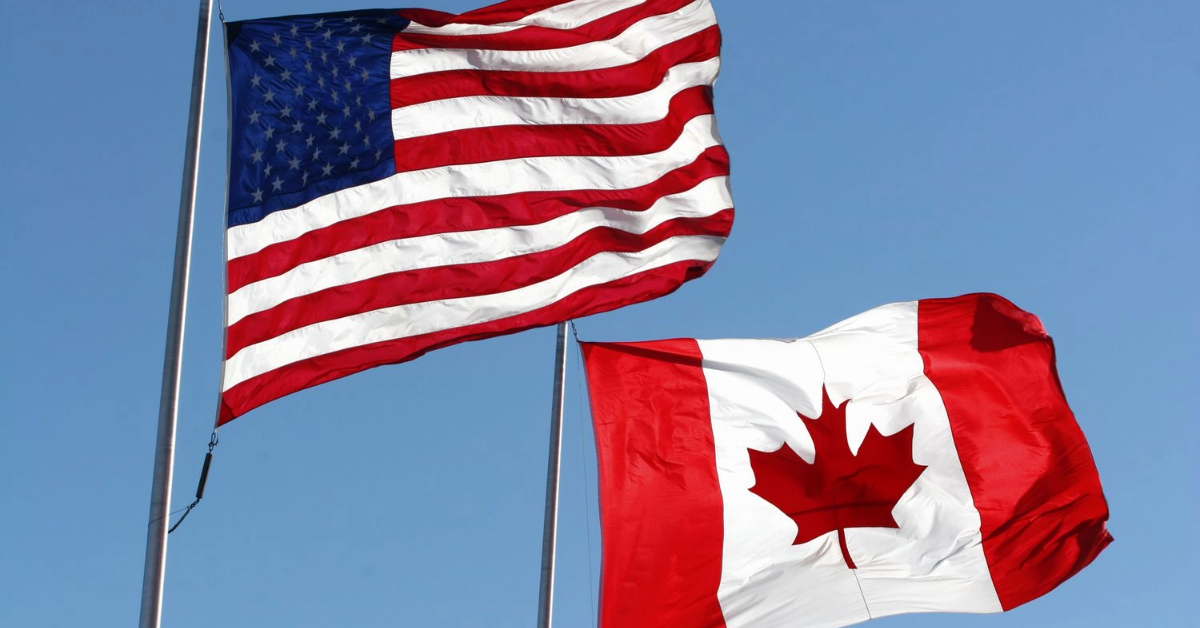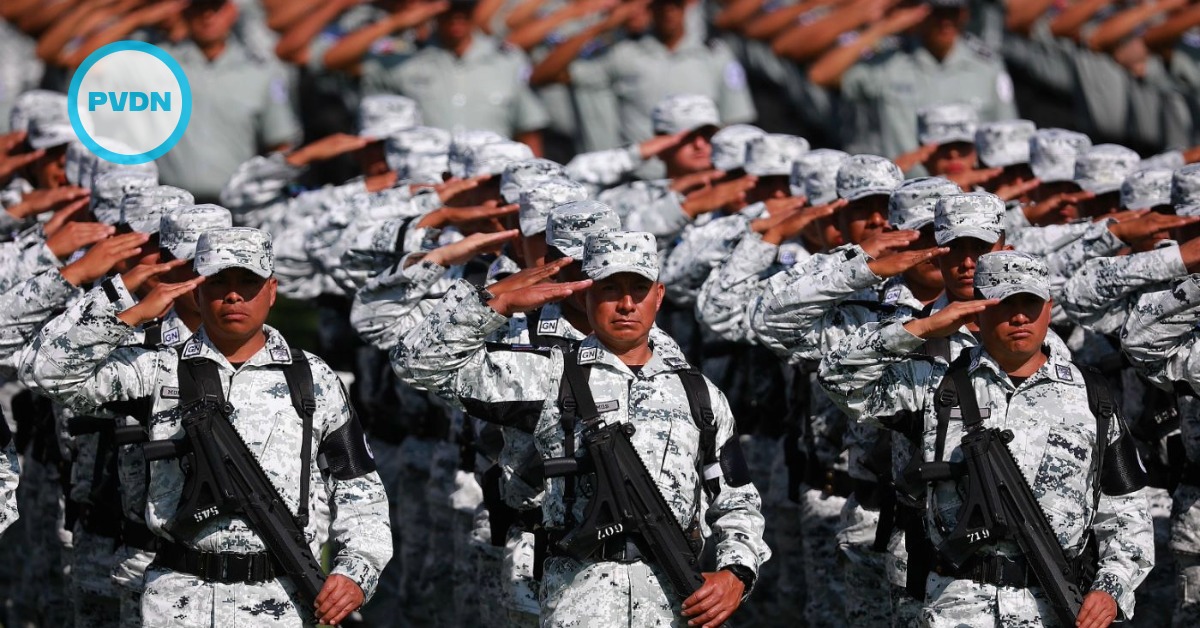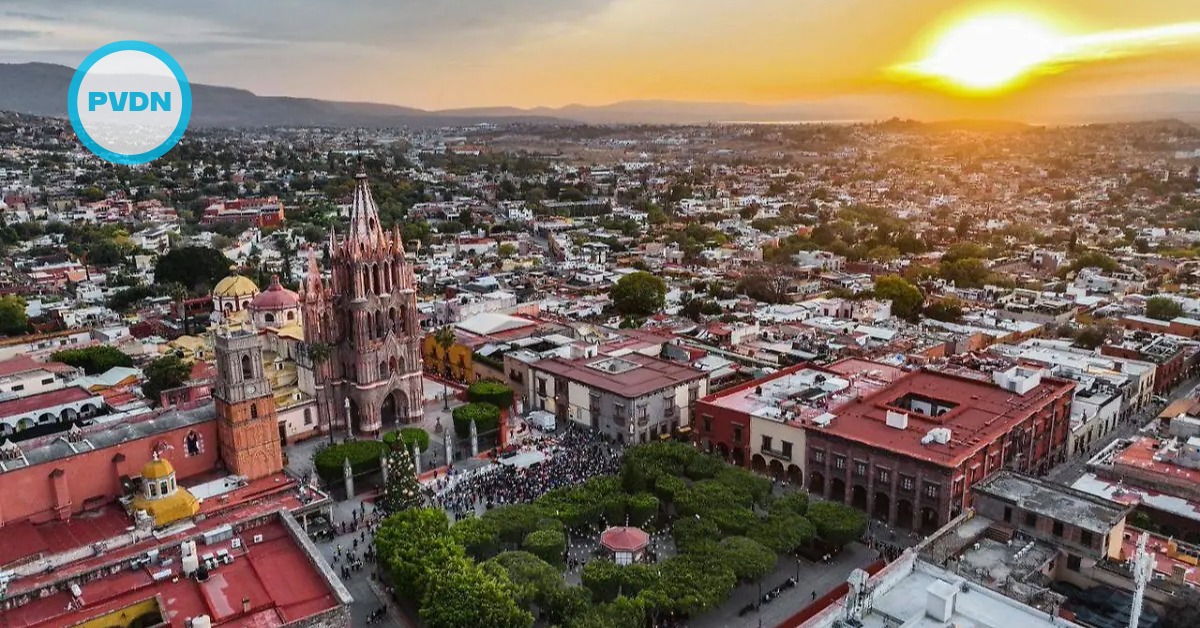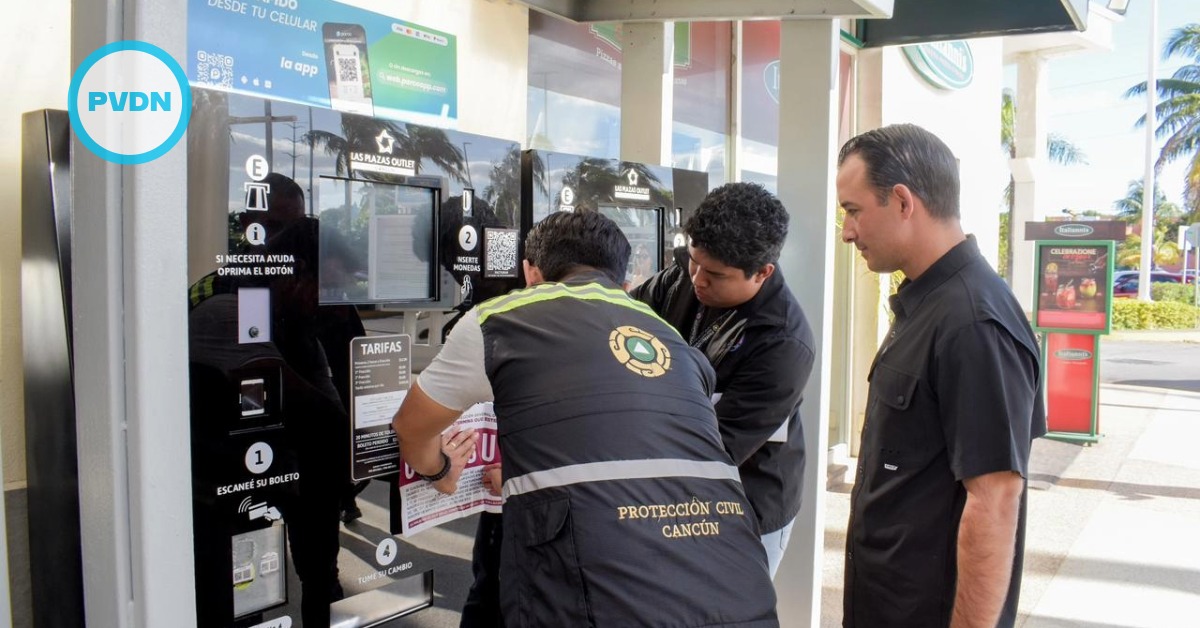Puerto Vallarta, Mexico - In an escalation of diplomatic tensions, President Andrés Manuel López Obrador announced on Tuesday morning that Mexico's relationship with the United States Embassy is "on pause" following critical remarks by U.S. Ambassador Ken Salazar regarding the proposed Judicial Branch Reform. The reform, championed by López Obrador and supported by President-elect Claudia Sheinbaum, has sparked controversy both domestically and internationally.






